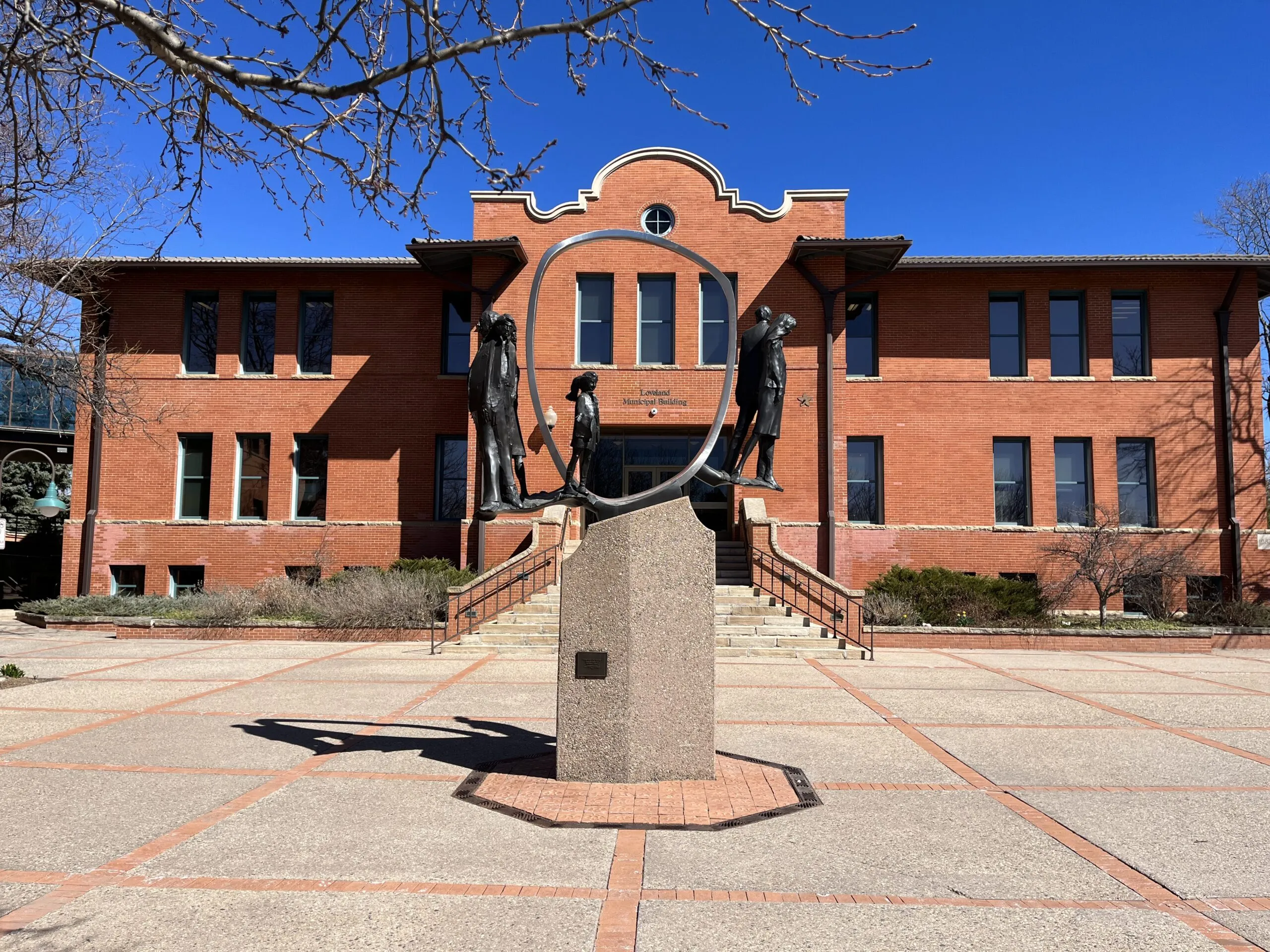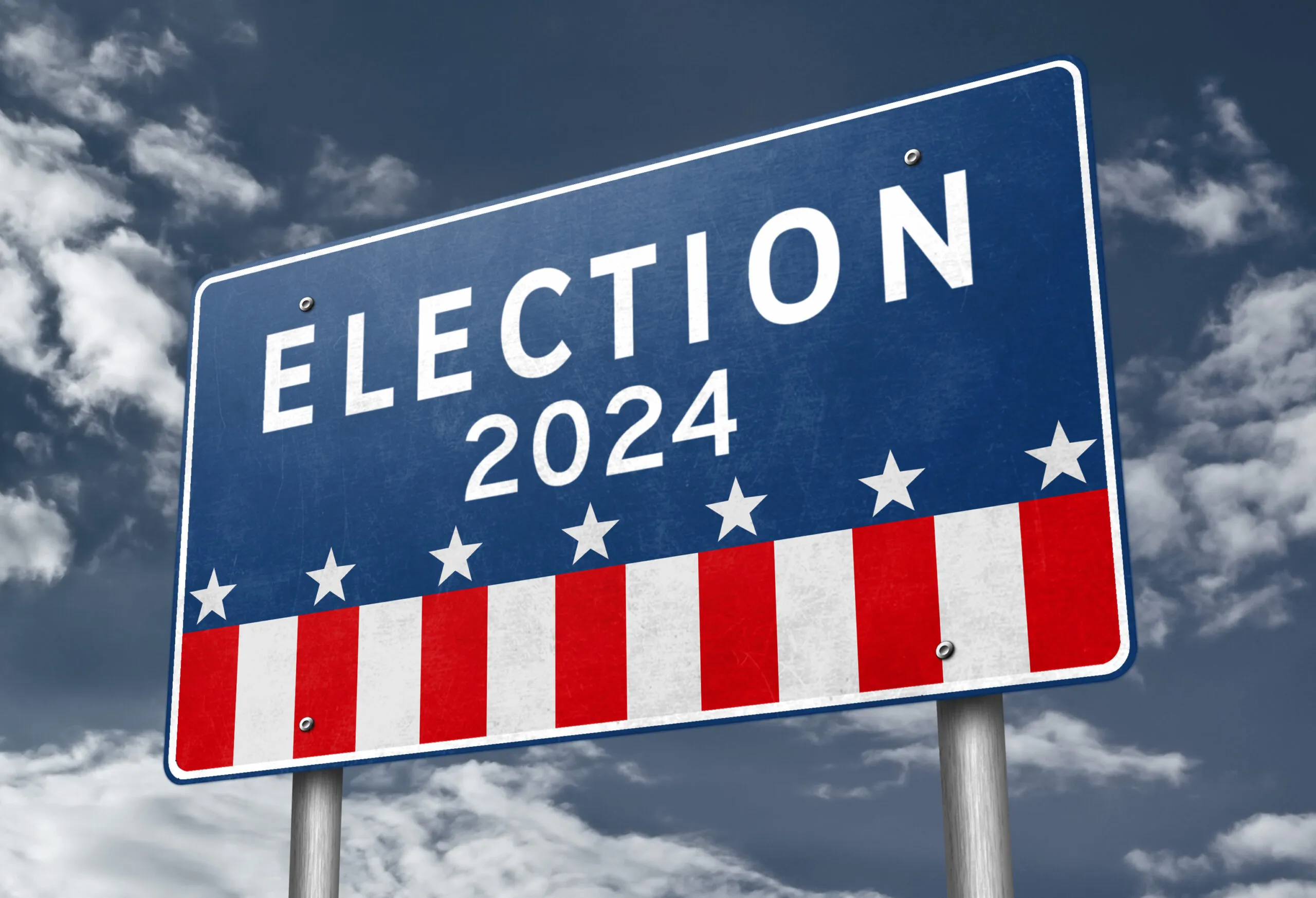Loveland council rejects ballot measures to offset food-tax repeal

LOVELAND — The Loveland City Council on Tuesday refused to place either of two “emergency” measures on the November ballot that would have given voters a chance to offset the potential elimination of the city’s sales tax on food for human consumption.
The council did vote to continue to a future date its consideration of what impact the loss of up to $10.5 million in annual revenue would have on the city’s budget if voters approve a citizen-initiated ballot measure to eliminate Loveland’s 3% sales tax on food for home consumption. However, since the deadline to place items on the municipal ballot is Friday, there would be no time for the council to place any more items before voters.
After hearing Brian Waldes, Loveland’s chief financial officer, tell council members that half of the city’s general-fund revenue comes from sales taxes and that the elimination of the tax on food would cost the city around 16.1% of its annual sales tax revenue, which would force cuts in many city services and programs, Councilor Dana Foley made motions to put two different city-generated issues on the ballot — but no one seconded either of them.
SPONSORED CONTENT
Those two options were suggested by Waldes and his staff to help the city break even. One would have asked voters to increase sales taxes on non-food items — Waldes suggested an 0.57% increase — if the citizen-initiated ballot issue were to pass. The other would have asked voters to reduce the sales tax on food while increasing it on other items. If that second option had made it to the ballot and if it and the citizen-initiated measure had both passed, the measure with the most votes would have prevailed.
According to materials submitted by Waldes and his staff, “based on the city’s analysis, the city will lose an estimated $9 million to its budget annually if this tax is no longer collected on food for home consumption. Fifteen percent of the city’s general-fund sales tax comes from food sold for home consumption. This includes food sold in grocery stores, specialty food stores, department stores and convenience stores. This information was based on 2022 actual sales tax collections.”
However, council members were uneasy about several parts of the proposals, especially its message to the voters who petitioned the repeal of the food sales tax onto the ballot. Proponents of that measure have said that without having to pay taxes on food purchases, an average family of four could save up to $500 a year.
“The citizens have followed a prescribed procedure to obtain the required signatures” for the food-tax repeal, said Councilor Steve Olson. He acknowledged that the repeal would put a severe strain on the city’s budget, but added that “our next step is for the voters to cast their vote, yea or nay, on the ballot. … Between now and then, it’s our responsibility to convey to the citizens the impact of the elimination.”
The citizen-initiated ballot measure was born on May 24 when Loveland residents Thomas and Agnes Chastain, Darin Barrett, Sharon Shuster Anhorn, and Donald Pierson submitted a statement of intent to circulate a petition to initiate the amendment to the Loveland City Charter. They needed 3,126 valid signatures of registered Loveland voters to place the measure on the Nov. 7 ballot — a total equal to 5% of the city’s registered electorate — and 3,155 were certified on Aug. 14.
Earlier in the meeting, the City Council approved placing a separate issue on the November ballot that will ask voters — under the terms of the state’s Taxpayer’s Bill of Rights amendment — to impose an additional 0.37% sales tax, with the generated revenue to be used to fund fire-protection services provided by the Loveland Fire Rescue Authority, which had been established in 2011 through an intergovernmental agreement between the city and the Loveland Rural Fire Protection District.
The revenue the tax increase would generate, according to materials submitted to the council, would go toward “staffing, equipment and training to address wildfires and reduce wildfire risk across the authority’s service area, hiring new firefighters, and funding capital improvements to the LFRA training center. LFRA is currently underfunded due to budget constraints within the City of Loveland.”
The sales tax increase, which the council passed 8-1 on first reading on Aug. 15, would terminate upon creation and funding of a fire district.
LOVELAND — The Loveland City Council on Tuesday refused to place either of two “emergency” measures on the November ballot that would have given voters a chance to offset the potential elimination of the city’s sales tax on food for human consumption.
The council did vote to continue to a future date its consideration of what impact the loss of up to $10.5 million in annual revenue would have on the city’s budget if voters approve a citizen-initiated ballot measure to eliminate Loveland’s 3% sales tax on food for home consumption. However, since the deadline to place items on the municipal…




